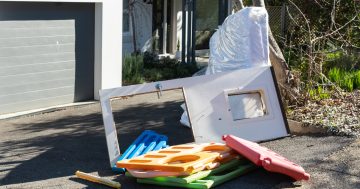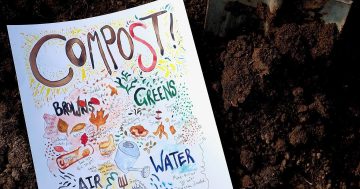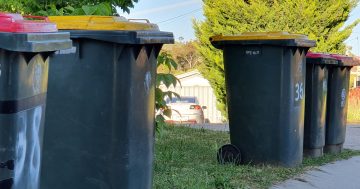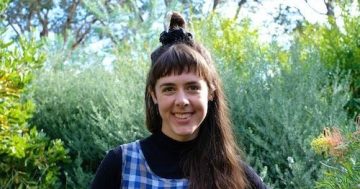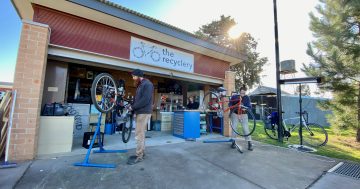
Did you know that food waste accounts for 35 per cent of every household’s waste in Canberra? Photo: Supplied.
On 31 August, Canberrans are invited to come together to discuss a big, dirty problem this city has: food waste.
With access to incredible fresh produce year round, there’s a stinky underside to all this food loving. Currently, 35 per cent of all Canberra’s household waste going to landfill is organic matter.
But Canberra Environment Centre partnerships and projects coordinator Zoe Anderson reckons this statistic can be significantly reduced.
She’s hoping that by sharing her tips and tricks at an upcoming online workshop she’s presenting at the centre, people will realise that not only is it bad for the planet to chuck out food, it’s also detrimental to your hip-pocket as food waste can cost households up to $3000 a year.
“We don’t want to see people put energy and resources into growing food, only for it to end up in landfill where it creates greenhouse gases,” says Zoe.
“So we aim to make it easy for people and provide them with practical tips about what they can do to reduce their waste.”
The workshop, to be held on Tuesday, 31 August, is going to be run wholly online. For Zoe, this helps make it accessible for as many people as possible as people can simply tune in while making dinner or keeping the kids entertained.
“Even if you tune in for a little bit of time, come and have a chat to us. It’s all interactive so you’re free to come up with your own ideas and then leave with lots of new, exciting ones, too,” she explains.
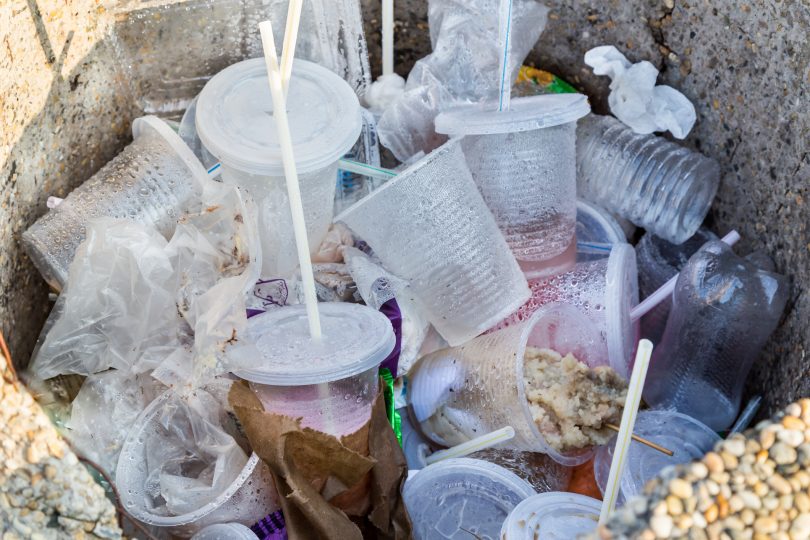
Rubbish, rubbish, rubbish – what can we do about this stinky problem? Photo: Supplied.
Tips and tricks when it comes to reducing food waste are not big secrets. Zoe says number one is ensuring you have a plan and a list when you go grocery shopping so you know how and when you’ll cook everything you buy.
“You get taken in by bulk buys or specials, but if you buy a lot and then don’t end up using it, that’s the food that is going to be wasted,” she says.
Zoe will also touch on how best to store fresh food to ensure its longevity. This can be simple things such as keeping onions and potatoes separate from one another when in storage because they tend to release gases that can negatively affect each other.
“I’ll talk about what foods can be kept together as well as others that shouldn’t be [kept together],” says Zoe.
“Then we will go into the things that need to be kept in containers or in wrapping in the fridge to keep them fresh.”
The other component to reducing potential waste and food bills is trying to eat local where possible because it means the food hasn’t travelled as far and is still fresh when it gets to you.
“It’s all about supporting local farmers, reducing food miles and eating within the seasons,” says Zoe.

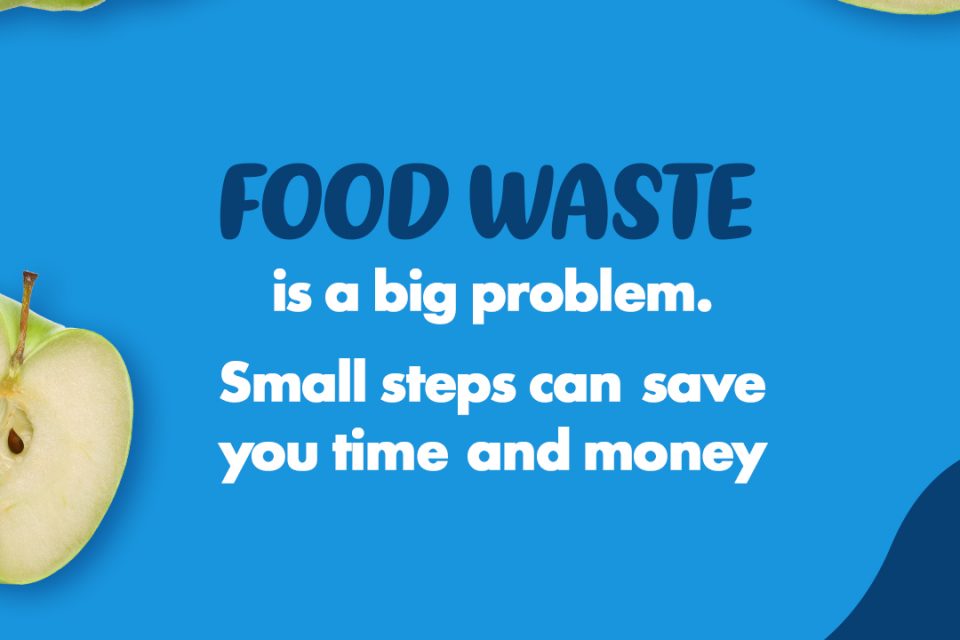
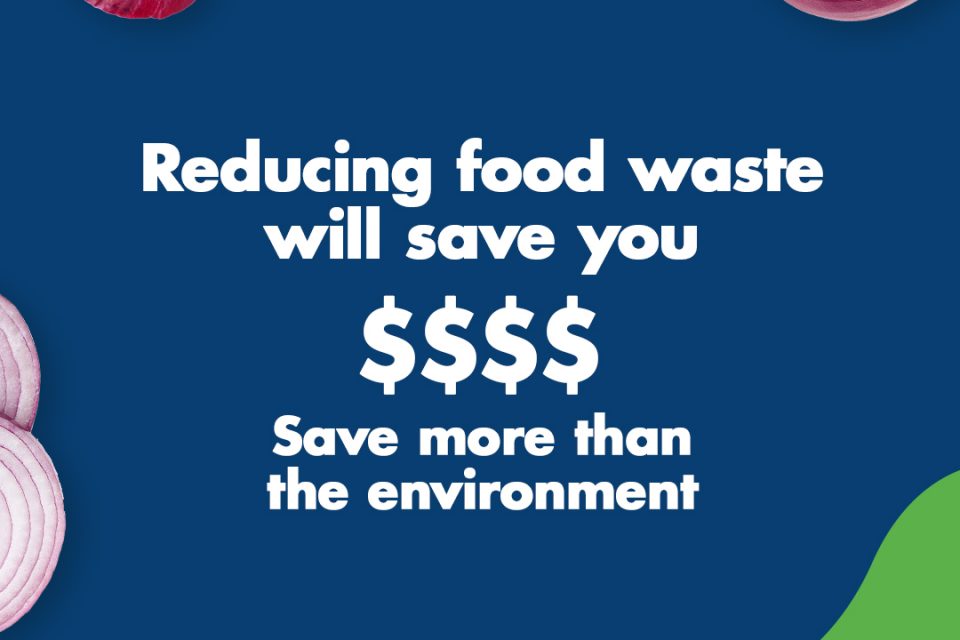
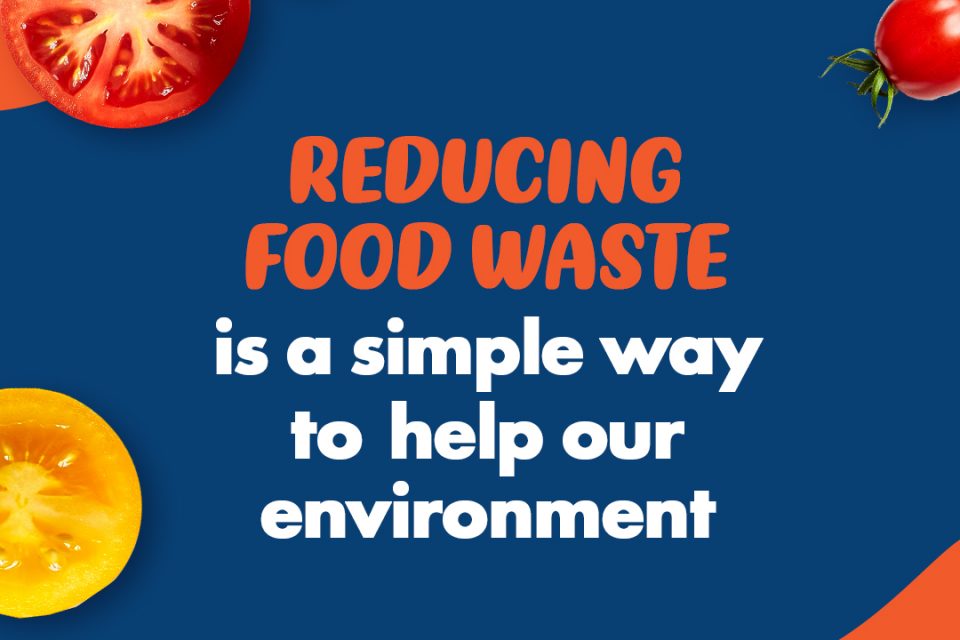

Like all good workshops, there will be plenty of time for questions.
The workshop is being run in conjunction with the ACT Government’s ‘Love Food Hate Waste’ program.
It’s an initiative designed to encourage Canberrans to get creative when it comes to reducing their food waste, whether through clever meal planning, shopping lists, correct food storage or smart use of leftovers.
Register for the ‘Love Food Hate Waste’ workshop on Tuesday, 31 August, 2021, at the Canberra Environment Centre.













